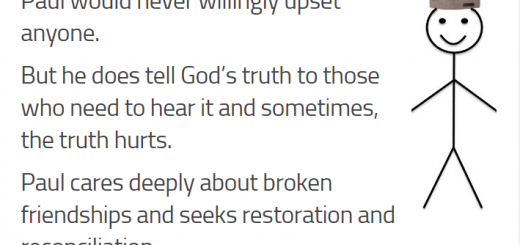Learning to lament
Everyone experiences loss. That much is clear.
But how each one of us expresses loss is different.
It’s a cultural thing. We are taught how to deal with loss by our parents, our friends, our faith group, our community, our nation…There’s an unspoken code and we have to stick to it.
The Jewish people knew how to lament. It was part of their culture. It always has been. There’s always been a very physical, outward expression of grief.
Lamentations…Wailings…the Wailing Wall…
In the Western World, we have moved on. We are far too sophisticated for that. We turn our nose up at these outpourings of grief. They’re far too messy, far too noisy, far too distressing. We know how to stay in control. We have found other ways to express our grief – or not. We are living and breathing in a culture of denial.
We’re British here, after all. We can’t let the side down. We know all about decorum. How to remain silent. How to stand still. How to deliver a polite eulogy. Shed a tear if you must, but keep it quiet, keep it hidden.
Or if grief affects us and we let the mask of outward control slip, we apologise.
I’m so sorry. I really need to get a grip. You don’t want to see me like this. I do apologise. I just can’t help myself. It’s pathetic I know. It’s only been a few weeks but I need to get on with life now, I know that.
We apologise for expressing our grief – what’s that all about?
We apologise for crying. Why do we feel the need to do that?
Don’t ever apologise for expressing your grief and sadness in whatever way you need to do to get it out.
Each one of us is different. Each one of use will need to express our gut-wrenching sorrow in different ways.
But it does need to be expressed. There’s no doubt about that.
For your own true health, you need to express it in your own way, however disruptive or embarrassing or upsetting that may be to others.
You need to learn to lament in your own way.
Get it all out in your own way.
Healthy spirituality is always honest. Always real before God. Always raw. In our heartache, we may treat God with suspicion for a while – how could he allow this to happen? God may not make any sense to us for a while. That’s OK. We need to be honest and open and be allowed to express that. God requires honesty.
Why would the book of Lamentations be in the Bible if lamenting in this way was not OK?
Losing a loved one is brutal. It rips us apart. It shifts our perspective of the whole world. As does losing a job. Or a friend. Or our physical health. Or our home.
We carry our grief and loss and pain and heartache with us wherever we go. Whatever we do, it is there. If we have not expressed it, it is still inside. If we have not let it go, then it is still here.
Learning to lament is a skill.
Learning to lament takes practice.
Learning to lament is absolutely necessary.













